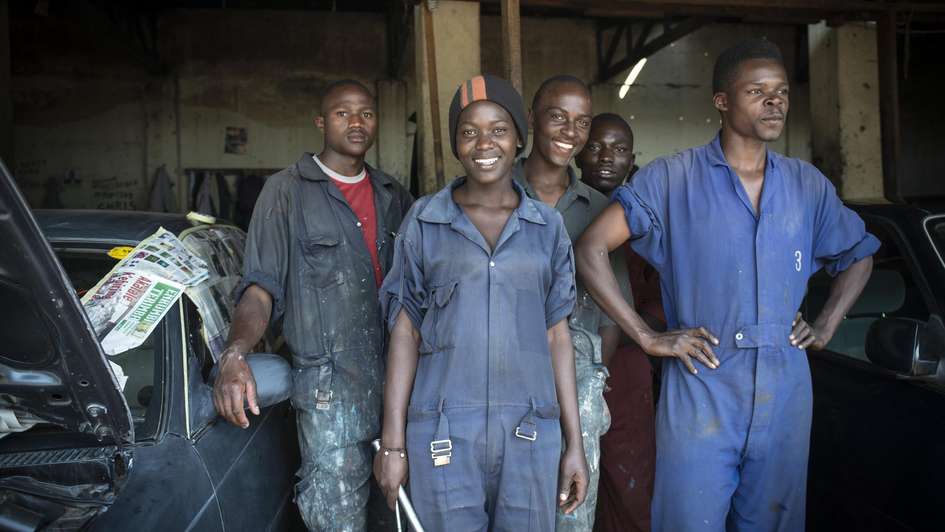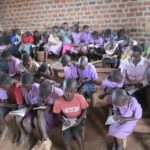A Standard Chartered survey finds that COVID-19 is significantly impacting personal finances globally, with one-third already earning less and more than half expecting the pandemic to further affect their income and/or employment. Yet young people (18-34) and those in emerging markets are the most confident in their digital skills and prepared to adapt and work harder to realise opportunities in a post-COVID-19 world.
The study of 12,000 adults across twelve markets offers insights into their financial wellbeing and employment outlook in these challenging times, and how banks can play a role in helping them manage their money.
It reveals a stark contrast between the financial reality that people face and their confidence in the future. This can be explained by a willingness particularly among young people and those in emerging markets to work harder, take steps to adapt income streams, and re-skill if they can, in order to earn more.
People in emerging markets, and the young, more confident in their digital skills and willing to adapt their approach to work post-pandemic, reveals new global survey
Young people are particularly confident, with 80% of 18 to 34-year olds feeling they have the digital skills needed to thrive post-COVID-19 compared to 63 per cent of those over 65. And, with many graduating or leaving school in the midst of a global recession, younger generations are also more willing, or able, to adapt to the current circumstances. For example, 75 per cent of 25 to 34-year-olds would consider setting up a second income stream compared to 40% of those over 55; and 72 per cent of all 18 to 44-year olds would re-skill compared to 37 per cent of those aged 55 and above.
Millennials and Generation Z are also more likely to respond to the crisis by starting a new business. 52 per cent of those aged 18 to 44 would consider doing so in the next six-months compared to 30 per cent of those 45 and above.
Globally, this level of flexibility, adaptability and entrepreneurialism tends to decrease with age, along with confidence, despite or perhaps because older generations are more established in their careers.
The divide is even more stark when comparing developed and emerging markets. Those in established global economies are not only less confident they have the digital skills needed to thrive amidst the downturn, they are also less willing to adapt and take steps to increase their income.
More than 88 per cent of people in Kenya, Mainland China, India and Pakistan said they would prefer to work more to get ahead than reduce their hours for less pay. Meanwhile, the UK and the US had the highest proportion of people who valued free time over more money (38 per cent and 33 per cent) respectively.
In terms of personal finances, respondents in Kenya (93 per cent), Mainland China (85 per cent), Malaysia (83 per cent) and India (82 per cent) report the highest proportion of people who want to better manage their money, to make it go further.
And while the pandemic has acted as a catalyst for the growth of online banking, with more than half globally using online services more, the shift has been more apparent in fast-growing markets. For example, increased use of mobile devices for banking services is most prominent in India (79 per cent), the UAE (72 per cent), and Kenya (69 per cent). Fast-growth markets are also more likely to want their banks to help improve their confidence at managing money digitally as they increasingly look to bank online Kenya (91 per cent), India (84 per cent) and Indonesia (84 per cent).
There is one clear area of almost unanimous agreement; a global desire for more flexibility when it comes to working arrangements post-COVID-19. For those for whom it is applicable, 71% would prefer to continue working from home at least two-days a week once restrictions are lifted and 77 per cent want more flexible working arrangements.
A 10 minute online survey of 12,000, 18+, nationally representative respondents across 12 markets Hong Kong, Taiwan, Mainland China, Singapore, Indonesia, Malaysia, India, UAE, Kenya, Pakistan, the UK and the US was conducted between Friday, July 3rd and Monday, July 6th 2020.
Results are weighted on the latest national census in each market by age, gender and macro- region and should be considered representative of the online population.
Standard Chartered is committed to empowering young people to have the right skills to meet their full potential. Future makers by Standard Chartered is our global initiative to tackle inequality and promote greater economic inclusion in our communities. We provide young people from low-income households, particularly girls and people with visual impairments, with opportunities for skills development.







